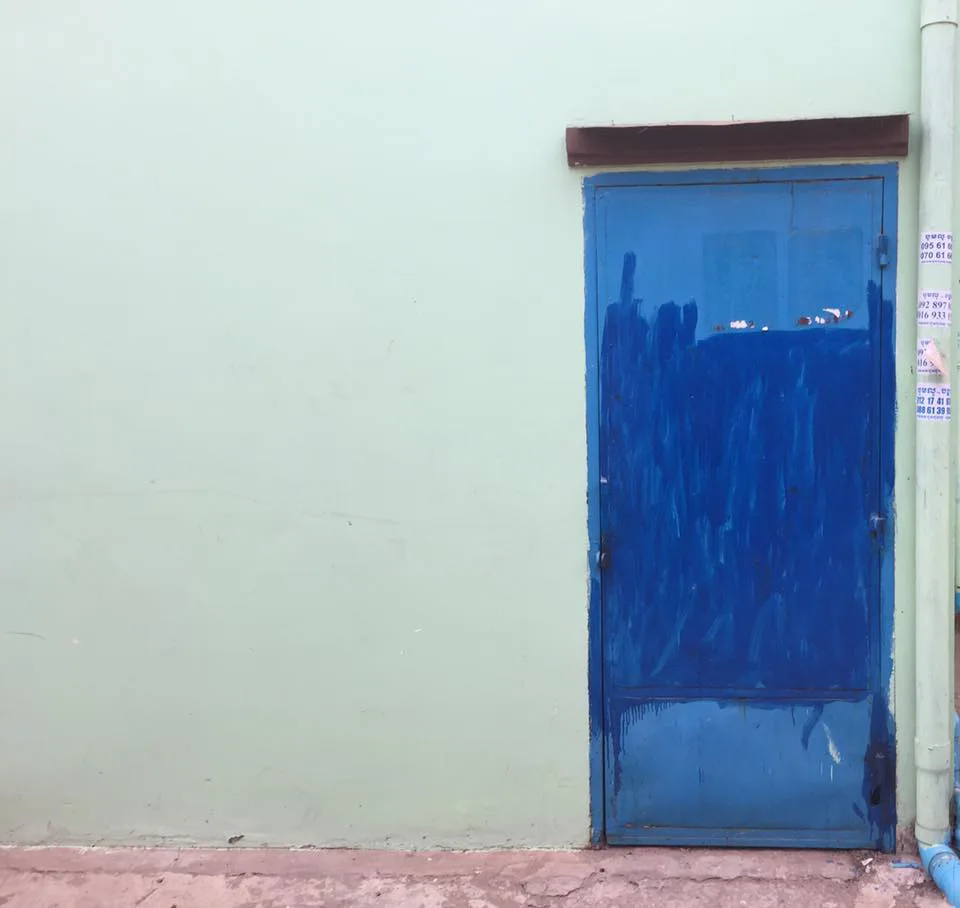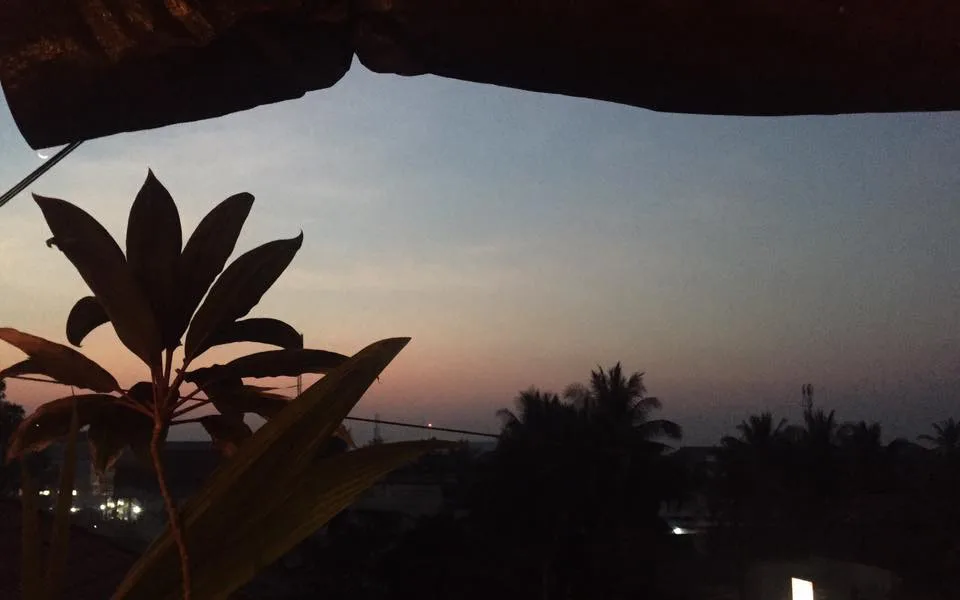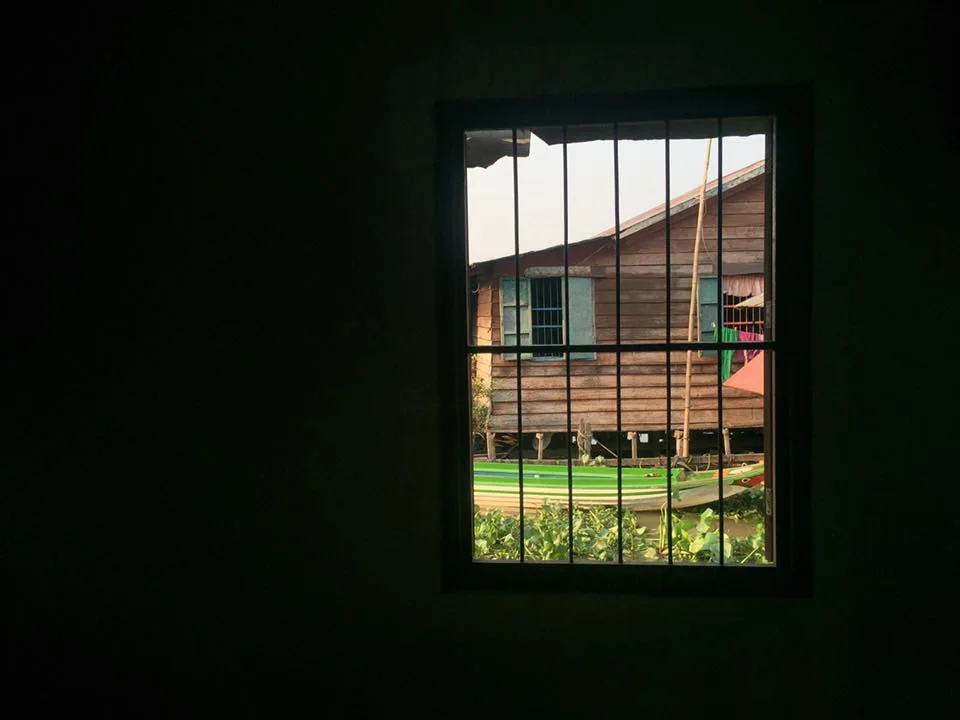Finding Stillness
At Hollins, I’m studying to be a botanist. That means that I am very good at studying things that are very quiet and very still.
I’m learning that nothing is quiet and still in Cambodia.
Things that are loud and filled with action:
- Birds darting from tree to tree in Kbal Spean
- Falling asleep to the sound of the midnight motorboats in Prek Toal
- Breakfasts at the Center to the beat of the neighborhood boomboxes, which turn on at sunrise and keep going after dusk
- Early morning tuktuk rides
- Pub Street
- Angkor Wat
- Khmer weddings
It’s official – Cambodia is a mosaic parade of color and life!
This is The School for Field Studies after all. We are always moving, always looking, always learning. And here in the Mekong River region, in a program predicated on several hundred miles of exploratory field work in Southeast Asia (we all call it The Big Trip), there isn’t much time built in for quietness and reflection.
So – I am working on finding my stillness through the windows and doorways of Cambodia. A lot of people think that the photographic lens distances you from the world, but that isn’t true. Photography gives you a moment to think seriously and clearly about one frame and one story. It’s an exercise in cartography – utilizing lines and light to map the emotions of physical space. And in Cambodia, the land of gauzy sunsets and flooded forests, we have to be intentional about how we characterize and interact with space. Even the mountains are political here.

I spend a lot of time looking at my lenses – photographic and otherwise. I was trained to use the lens of environmental Marxism, and as a result I approach many of our case studies from the far left – and I’m learning from my classmates how unintentionally reductionist my conclusions can sometimes be. How uniquely valuable this intimate opportunity is, to work with and learn from passionate ecologists, biologists, and sociologists from drastically different backgrounds. For all our diversity, these differences make us strong. We’re able to spend tuktuk rides and bus trips intoxicated by spirited debates about ethics and orientalism, compassionate ecology and ubiquitous spirituality. I’ve never felt anything like this before.
This program is more challenging than I ever could have imagined, but what a joy to be challenged studying ethics and ecosystems in Cambodia.


→ River Ecosystems & Environmental Ethics Semester Program in Cambodia
Related Posts

Camila Rojas: Alumni Spotlight⭐

